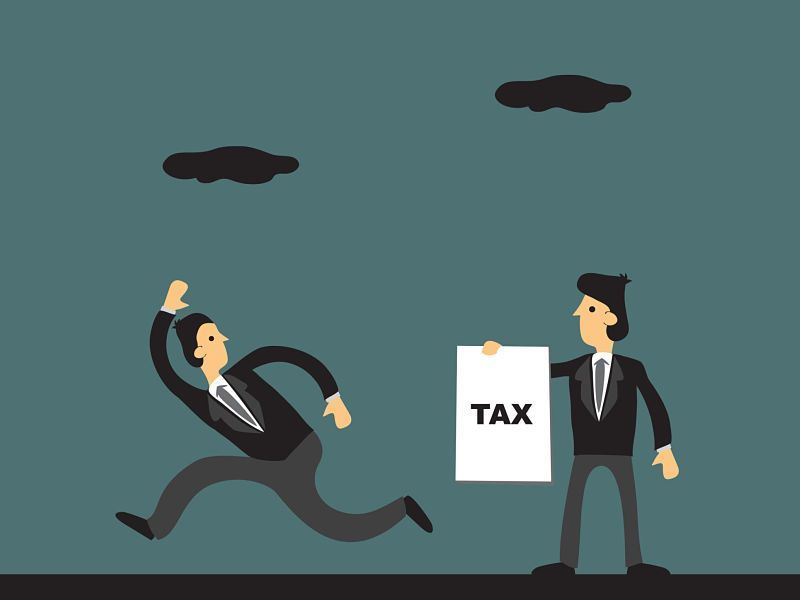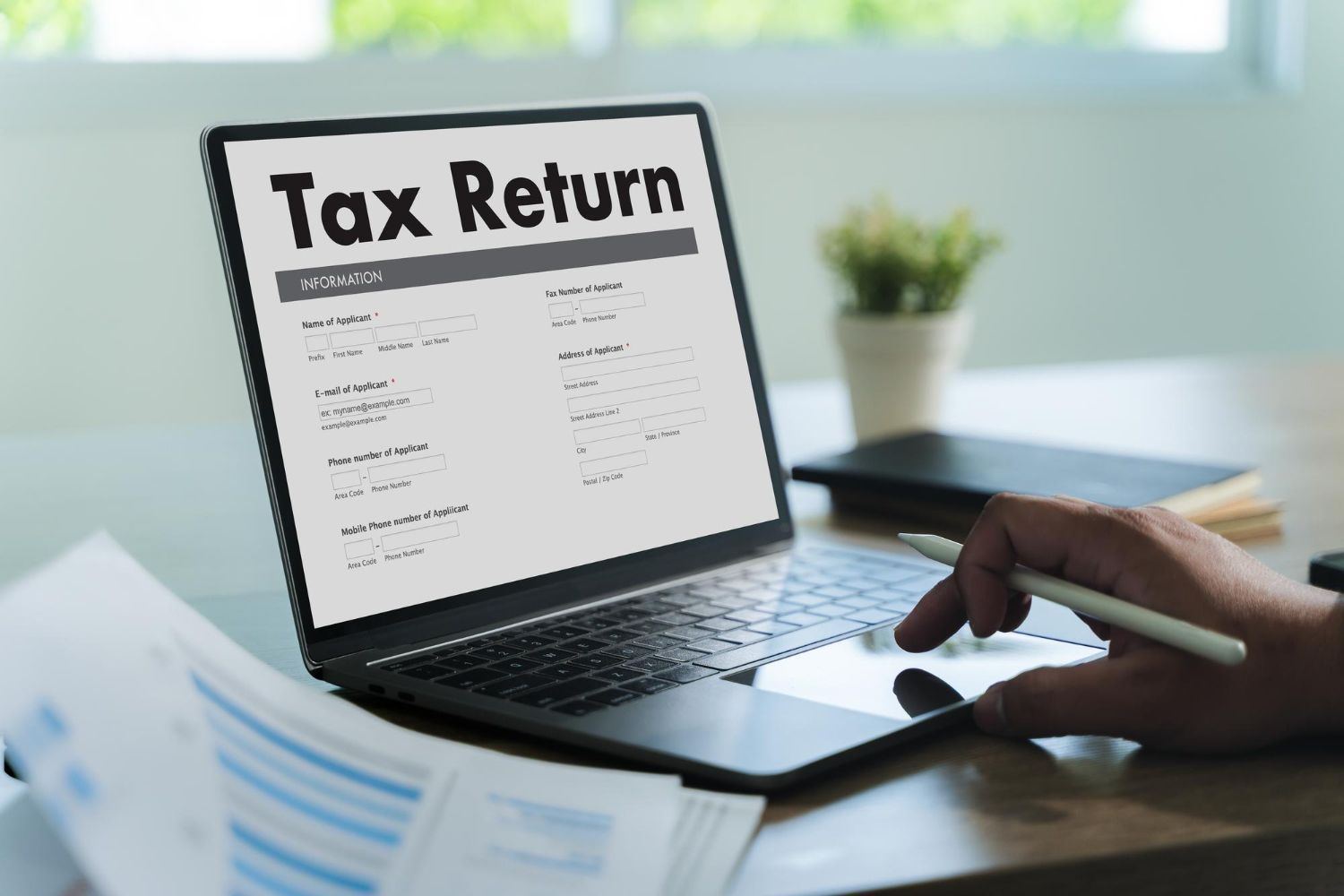Initiating Legal Action Against Canada Revenue Agency
Due to the federal government’s substantial investment in the Canada Revenue Agency (CRA), the number and value of tax audits and assessments have substantially risen. High-net-worth individuals and organizations in Canada face complicated tax laws and a rapid dispute resolution process. Proactively managing interactions with tax authorities is essential to avoid problems and effectively resolve them, while also understanding the relevant laws, government procedures, and dispute resolution options. This approach can help prevent issues and ensure successful outcomes.
What Tax Assessment means?
Tax Assessment refers to the official name for a tax bill or Notice of Assessment, which is issued by the Canada Revenue Agency (CRA) to a taxpayer after they have been assessed for tax. If a taxpayer disagrees with the amount of tax levied against them, they have the right to contest it by submitting a Notice of Objection within the prescribed timeframe. There are two options for contesting a Tax Assessment: going through the CRA’s administrative procedure or directly appealing to the Tax Court of Canada.
If a taxpayer is involved in a tax audit, being assessed by the CRA can be a long, unpleasant, and challenging process. Most taxpayers aim to contest the assessed amount, but in exceptional cases, they may also consider bringing a tort claim against CRA employees for wrongful actions. As a tort is a civil wrong, the taxpayer must file their claim in a court with civil jurisdiction. If the CRA has not vacated, verified, or reassessed the taxpayer 90 days after the Tax Assessment is issued, the taxpayer may file a direct appeal with the Tax Court.
When a taxpayer faces a tax audit, being scrutinized by the CRA can be a lengthy, frustrating, and demanding experience. While most taxpayers focus on challenging the assessed amount, in rare instances, they may consider pursuing a tort claim against CRA employees for wrongful conduct. Since a tort is a civil wrong, the taxpayer must file their lawsuit in a court with civil jurisdiction. If the CRA hasn’t vacated, verified, or reassessed the taxpayer’s tax assessment within 90 days after the issuance of the assessment, the taxpayer can file a direct appeal with the Tax Court.
Can you provide information about the organizational setup of the Canada Revenue Agency, the relevant tax authority in Canada responsible for administering federal income tax, GST/HST, employment insurance, pension plans, and various social benefit and tax credit programs?
The Canada Revenue Agency (CRA) is responsible for administering federal income tax, GST/HST, employment insurance, and pension plans, as well as several social benefit and tax credit programs. Along with conducting audits, investigations, and tax collection, the CRA also engages in enforcement efforts. The CRA’s governing structure comprises a Commissioner, a Board of Management, and a Minister, with the Auditor General of Canada serving as the external auditor. The Taxpayers’ Ombudsman, which is independent of the CRA, is also in place.
The Minister of National Revenue is accountable to the federal Parliament for the CRA’s actions, but they do not instruct the CRA on how to apply the law in specific cases or audits. The board of management is responsible for the CRA’s business strategy and provides guidance to the Minister on issues related to the general administration and application of the law.
The CRA has about 50 local tax service offices that handle more expert and complex work, and call centers and four regional tax centers across the nation that primarily handle a larger volume of less complicated cases and tax return processing.
The Minister of National Revenue is responsible for overseeing the CRA, but they don’t directly dictate how the CRA applies tax laws in specific cases or audits. Instead, the board of management guides the CRA’s overall strategy and provides advice to the Minister on general administrative matters and tax law application. The CRA maintains around 50 local tax service offices that handle more specialized and complex tax matters, along with call centers and four regional tax centers across the country that primarily process a large volume of simpler cases and tax returns.

Pursuing Legal Action Against the Canada Revenue Agency (CRA)
While many taxpayers may feel that they have been wronged by the actions of Canada Revenue Agency (CRA) employees, such actions do not typically amount to tortious behavior. In fact, there has not been a published judgment to date holding the CRA negligently accountable to a taxpayer. However, taxpayers may have better success pursuing other tort cases, such as misbehavior in a public office. If you are involved in a dispute with the CRA and require tax assistance, contact our top Canadian tax attorneys without delay.
Also Read: The 10 Benefits of Donating to Charity
While many taxpayers feel that they have been mistreated by the Canada Revenue Agency (CRA) employees, such actions rarely constitute tortious conduct. To date, there has been no published decision finding the CRA liable for negligence towards a taxpayer. However, taxpayers may have better prospects in pursuing other tort claims, such as misconduct in a public office. If you are embroiled in a dispute with the CRA and need tax guidance, promptly seek the assistance of our top Canadian tax attorneys. If you find yourself entangled in a dispute with the CRA and require expert tax advice, don’t hesitate to seek the immediate assistance of our highly skilled Canadian tax attorneys.

In conclusion
In this blog, we have explored the important topic of navigating legal disputes with the Canada Revenue Agency (CRA). With the federal government’s significant investments in the Canada Revenue Agency, tax audits and assessments have become more prevalent. This presents a challenge for high-net-worth individuals and businesses in Canada who must navigate complex tax regulations and a fast-paced dispute resolution process. Proactive management of interactions with tax authorities is essential for achieving favorable outcomes.
The Minister of National Revenue oversees the CRA and is accountable to the federal Parliament, while the Auditor General of Canada acts as an external auditor. The Taxpayers’ Ombudsman is an independent entity separate from the CRA. Armed with this information, you can confidently navigate legal disputes with the Canada Revenue Agency. Equipped with this knowledge, you can navigate tax disputes with the Canada Revenue Agency with greater confidence.
The post Initiating Legal Action Against Canada Revenue Agency appeared first on DBM Accounting | David B. McKeand Professional Corporation.











